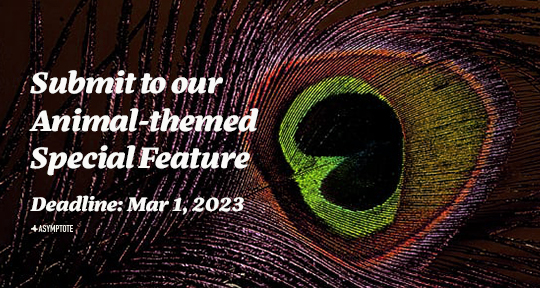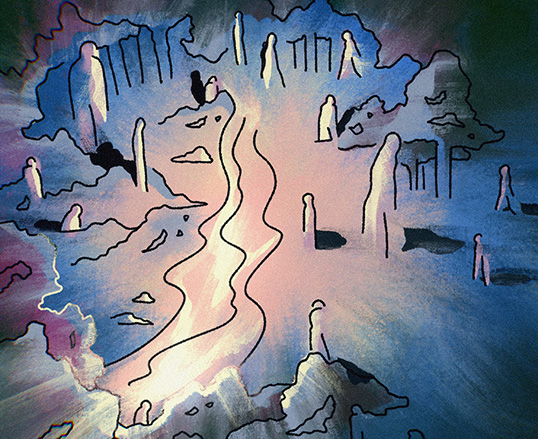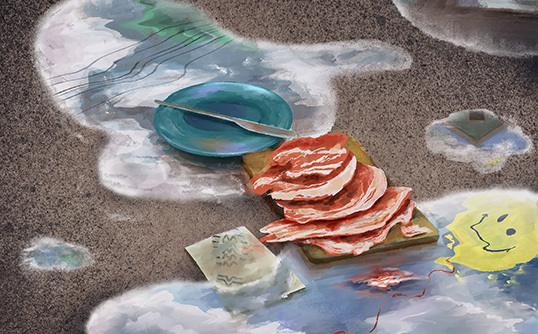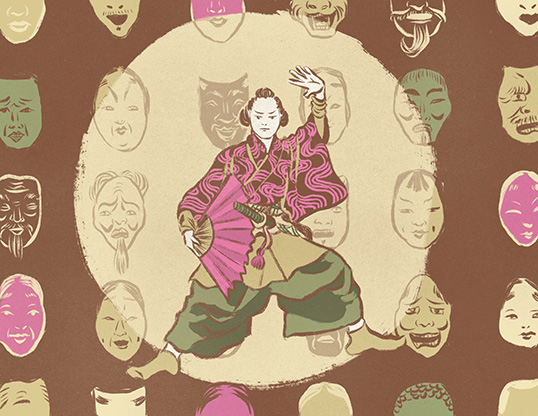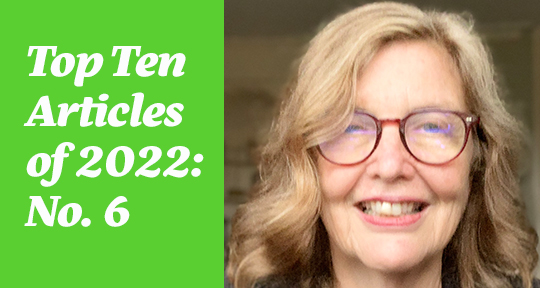Join us this week with a new batch of literary dispatches covering a new Palestinian literary and culture magazine, the 2023 PEN Open Book Award longlist, and more. From a Palestinian literary festival to the birthday celebration for the “national poet” of Romania, read on to learn more!
Carol Khoury, Editor-at-Large, reporting from Palestine
A first is always exciting, always an event; in fact, it’s called “a first” even if a second never comes. And when there is a second time, it’s an opportunity to celebrate and to remember the first.
This week the Palestinian literary community is anticipating both a first and a second.
The Palestinian literary scene is witnessing the birth of Fikra Magazine, an online Palestinian cultural and literary magazine – writing and art by and for Palestinians. According to partners and co-founders Aisha and Kevin, Fikra is dedicated to “high-quality content that doesn’t conform to stereotypes and old-fashioned ideas about Palestine. It’s original, it’s inspiring, it’s bold.” What is exciting about this new publication is that every piece is professionally translated from Arabic to English—or vice versa. Since “Palestinians in the Diaspora often don’t read Arabic as their mother tongue,” the creators say in their promotional materials, “we want our writers to become part and parcel of the international writing-guild as well.” In Fikra, the creators promise, “you’ll find Palestinian writers and artists from all corners of the word – from Gaza, the West-Bank, East-Jerusalem, 48, and the diaspora.”





